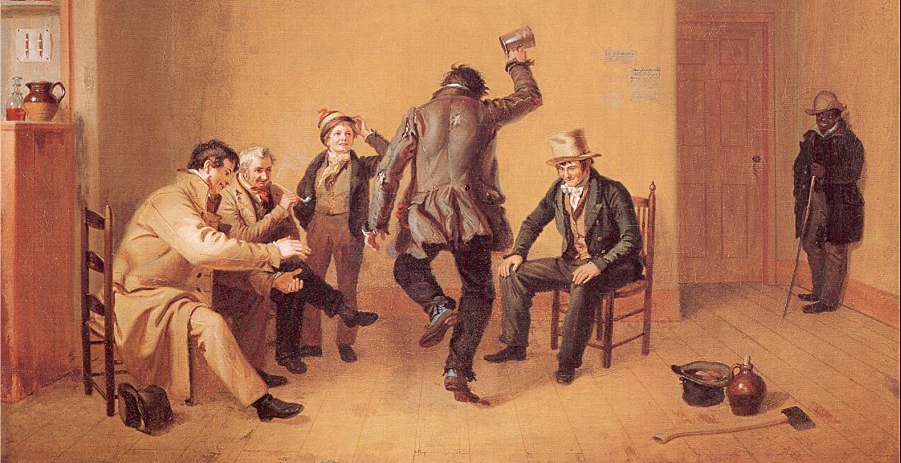Matthew 26:26–29 (NKJV)
26And as they were eating, Jesus took bread, blessed and broke it, and gave it to the disciples and said, “Take, eat; this is My body.” 27Then He took the cup, and gave thanks, and gave it to them, saying, “Drink from it, all of you. 28For this is My blood of the new covenant, which is shed for many for the remission of sins. 29But I say to you, I will not drink of this fruit of the vine from now on until that day when I drink it new with you in My Father’s kingdom.”
Occasionally I find it helpful to explain some of the traditions that we use in our corporate worship. Today let us consider our practice of using wine in the Lord’s Supper. Why wine?
This is not merely an academic question. As your pastor, I know that many of you are tempted by alcohol; you have a history of alcohol abuse in your families or in your own life. Our use of wine in communion is for some of you a personal challenge. Further, we are part of a broader evangelical subculture which has a history of opposing alcohol. While Lutherans and Roman Catholics were almost uniformly critical of the prohibitionist movement in America, many of our evangelical forefathers jumped on the wagon. One of our Bryan family bibles includes a prohibitionist pledge.
So given these personal and historical factors, why do our elders persist in using wine? Why not just use grape juice? One of the questions that we evangelicals are known for asking is, “What would Jesus do?” In the matter of wine, the way to answer that question is to ask first, “What did Jesus do?” And the NT answers that question clearly: Jesus made wine, Jesus drank wine, and Jesus used wine to commemorate God’s salvation.
First, Jesus made wine. The first miracle that Jesus performed was turning water into wine at a wedding in Cana of Galilee. And, as the question that the master of the feast asks the groom makes plain, this wasn’t grape juice. “Every man at the beginning sets out the good wine, and when the guest have well drunk, then the inferior. You have kept the good wine until now!” (Jn 2:10) Jesus made excellent wine.
Second, Jesus drank wine. Jesus contrasts His ministry with that of John the Baptist in this way: “John came neither eating nor drinking, and they say, ‘He has a demon.’ The Son of Man came eating and drinking, and they say, ‘Look, a glutton and a winebibber, a friend of tax collectors and sinners’” (Mt 11:18-19). Jesus came drinking – and many accused Him of being a winebibber. Such an accusation would hardly make sense were Jesus known as a teetotaler. Jesus drank wine.
Finally, Jesus used wine to commemorate God’s salvation. When Jesus instituted the Lord’s Supper, He used the fruit of the vine as a symbol of His shed blood. Refrigeration was not common in the ancient world. When the Bible references “the fruit of the vine”, therefore, it refers almost exclusively to wine. And if Jesus used wine to celebrate the Supper, why wouldn’t we?
So, what did Jesus do? He made wine, drank wine, and used wine to commemorate God’s salvation. And note well that Jesus did all this within a cultural context in which drunkenness was a common problem; He established this for His Church knowing that many of His disciples would be tempted by alcohol. So why did He do it? Why didn’t He just use water like the Mormons do?
Because in using wine within the context of the Supper, Jesus declared that wine in itself is good. The problem with humanity is not there in the cup; the problem is here in our hearts. Drunkenness – from wine or other alcohol – proceeds out of the heart (Mk 7:20-23). Therefore, by giving us wine for communion, by using wine in a holy, sacred context, Jesus is teaching us that it is possible for us to use and not abuse this gift to the glory of our Creator.
So what of you? Have you thanked God for the gift of wine even if you don’t personally drink it? Further, if you do drink it, have you been using wine to God’s glory or abusing it to your own shame? Reminded that God has given us wine to use to the honor of His Name and that we often deny or abuse His good gifts because our hearts are corrupt, let us confess our sin to the Lord. And as you are able, let us kneel as we confess.

